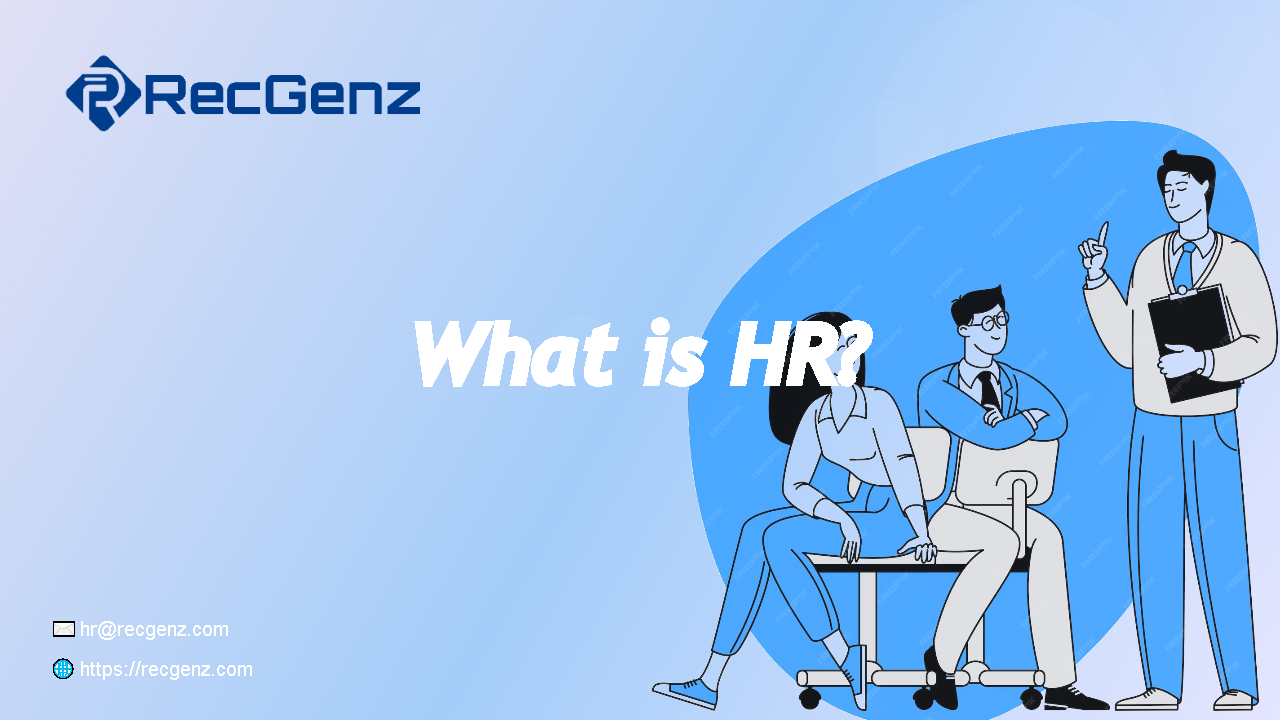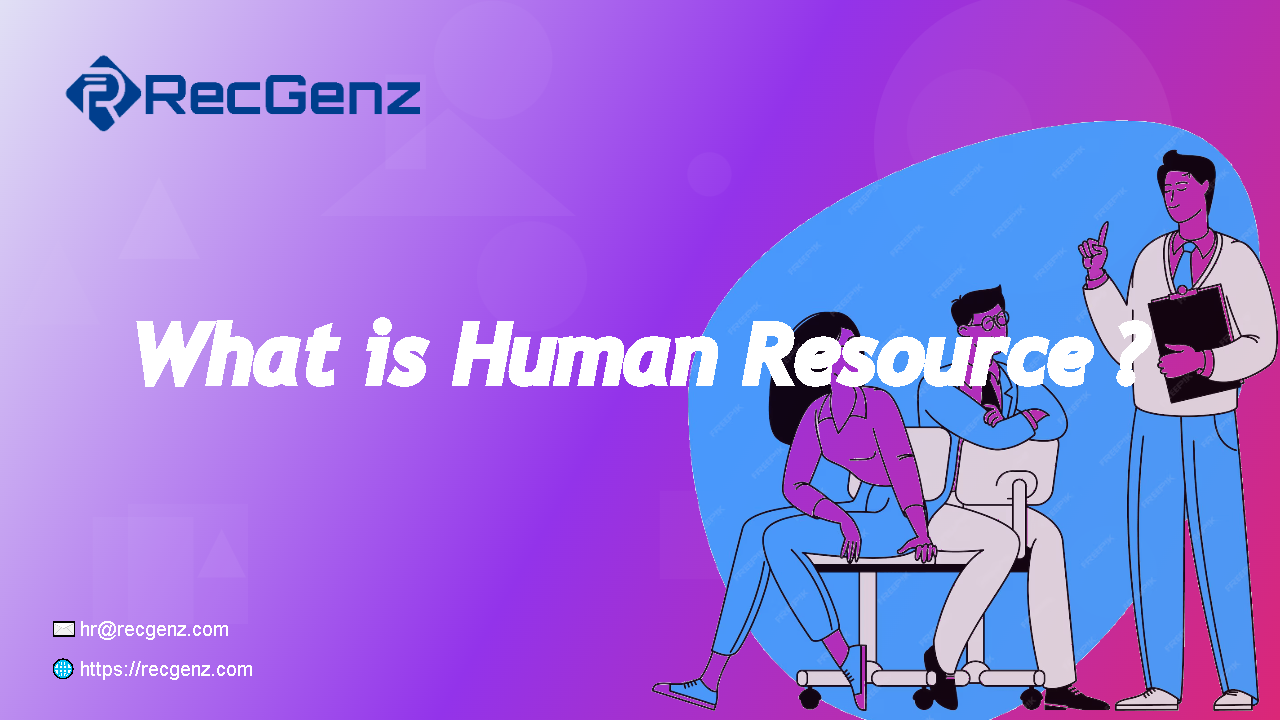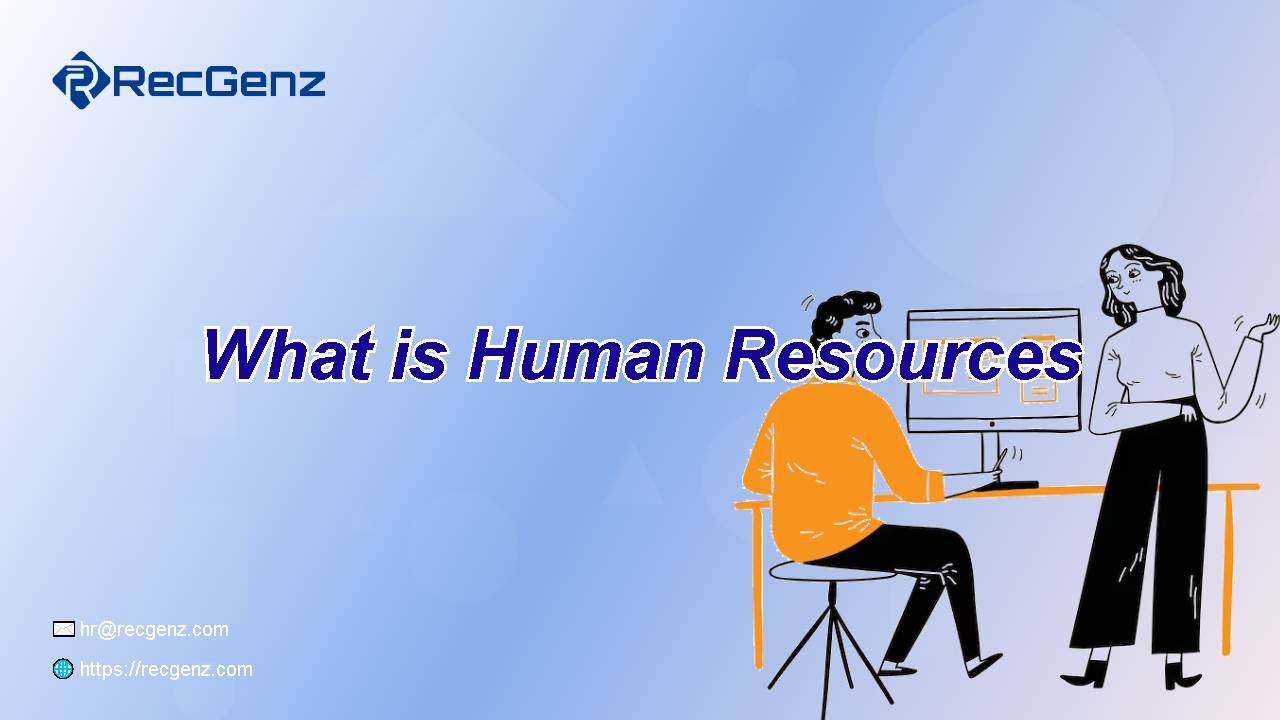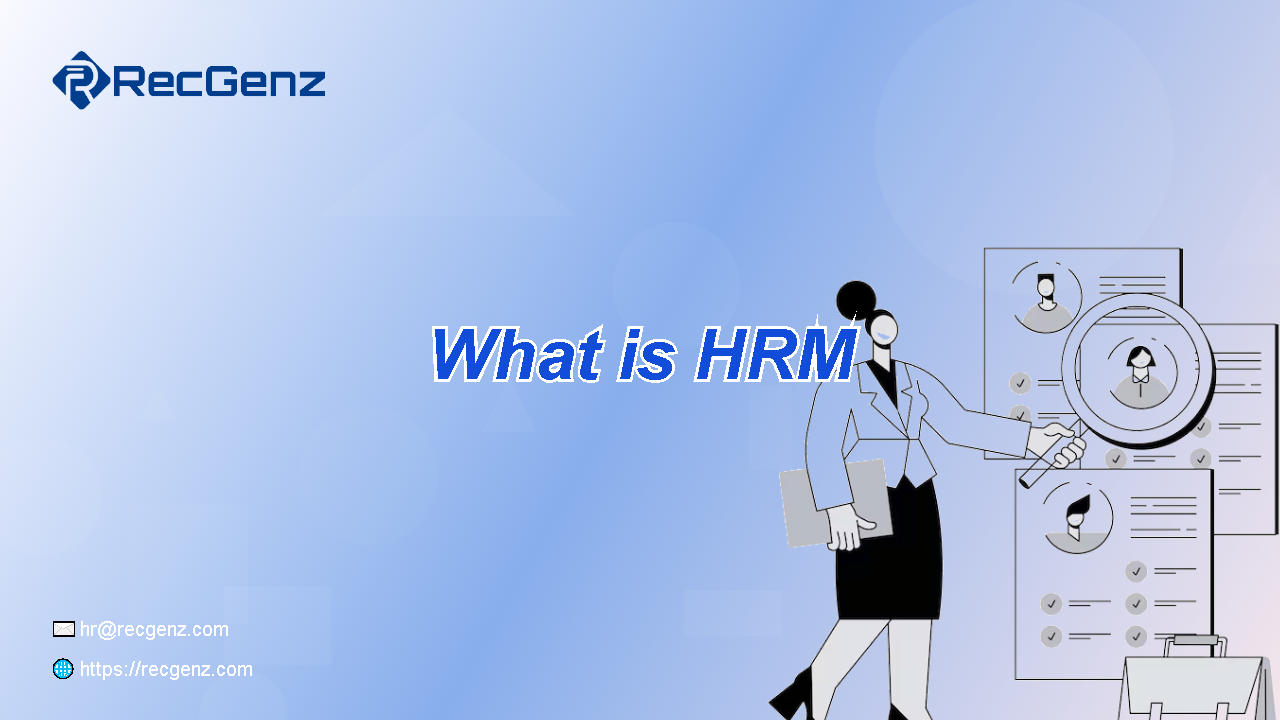What are HR Policies?
Breaking down essential HR policies and why they matter for compliance and employee relations.
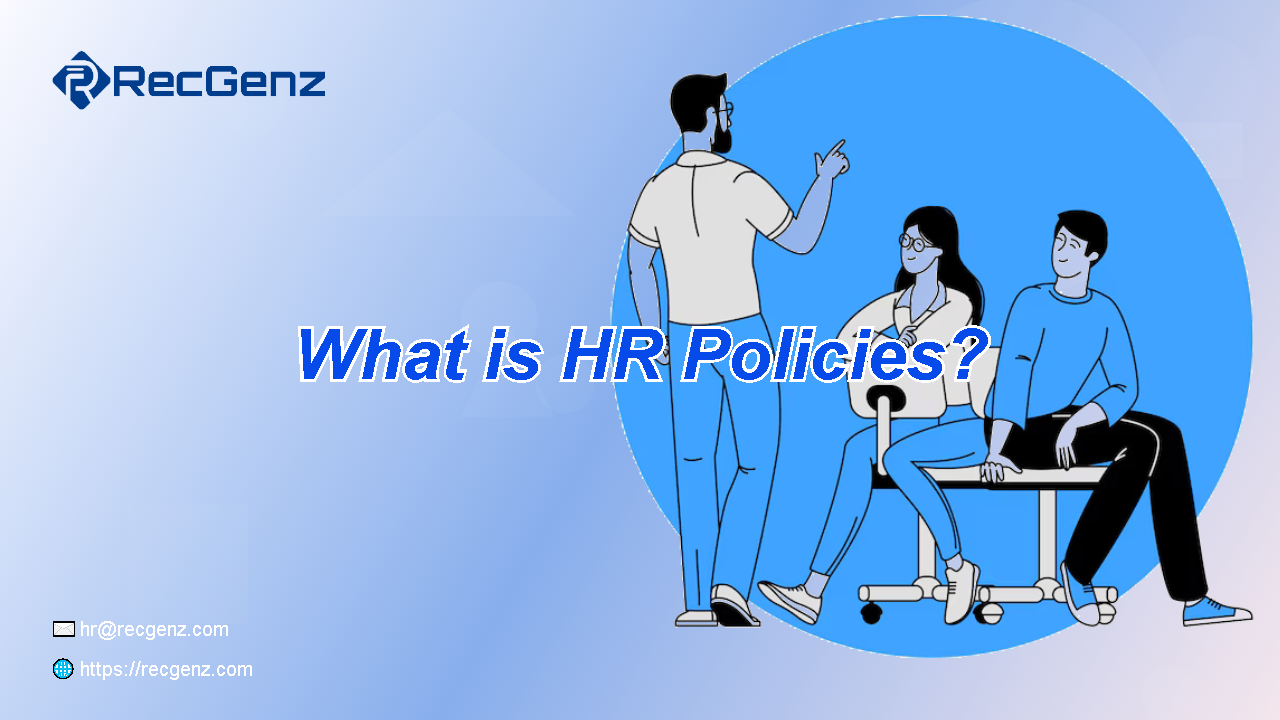
What are HR Policies?
HR policies are structured guidelines that outline how an organization manages its people. They cover employee rights, workplace behavior, benefits, and responsibilities—ensuring fairness, consistency, and compliance with labor laws.
From recruitment to retirement, HR policies act as a blueprint for people management. They reduce legal risks, support transparency, and strengthen employee trust by setting clear expectations across the workplace.
Why HR Policies are Important
1. Compliance with Laws
HR policies ensure adherence to labor laws, health & safety standards, anti-discrimination acts, and data protection laws. Without them, organizations risk penalties and reputational damage.
2. Consistency & Fairness
By defining rules and processes, HR policies guarantee that all employees are treated fairly regardless of role or background. This eliminates bias in hiring, promotions, and discipline.
3. Trust & Employee Engagement
Clear HR policies build trust. When employees know their rights and benefits, they feel secure, valued, and motivated—leading to stronger engagement and loyalty.
4. Risk Management
HR policies protect organizations from disputes, harassment claims, workplace accidents, and compliance risks. They serve as safeguards against conflicts and legal issues.
Essential HR Policies Every Organization Needs
- Recruitment & Selection Policy: Ensures fair, transparent, and unbiased hiring processes.
- Equal Employment Opportunity (EEO) Policy: Prevents discrimination and promotes diversity.
- Code of Conduct & Ethics Policy: Defines workplace behavior, professionalism, and ethical standards.
- Attendance & Leave Policy: Covers working hours, annual leave, sick leave, and overtime rules.
- Compensation & Benefits Policy: Outlines salaries, allowances, bonuses, and benefits like health insurance.
- Performance Management Policy: Describes appraisal systems, promotions, and career growth opportunities.
- Workplace Health & Safety Policy: Ensures compliance with safety standards to protect employees.
- Anti-Harassment & Anti-Bullying Policy: Maintains a respectful, inclusive, and safe workplace.
- Remote Work / Hybrid Work Policy: Defines expectations, communication, and accountability for remote staff.
- Data Protection & Privacy Policy: Protects sensitive company and employee information.
- Termination & Exit Policy: Explains resignation, termination, and full & final settlement procedures.
- Grievance Redressal Policy: Provides a fair system to handle complaints and disputes.
- Training & Development Policy: Encourages employee upskilling, certifications, and mentorship.
- Social Media & IT Usage Policy: Regulates responsible use of social platforms and company IT resources.
- Travel & Expense Policy: Covers reimbursements for business travel and official expenses.
Final Thoughts
HR policies are more than documents—they are the foundation of a fair and compliant workplace. By combining legal requirements with employee well-being, strong HR policies build trust, reduce risks, and create a culture of accountability.
SEO Key Takeaways
- HR policies define workplace rules, rights, and responsibilities for employees and employers.
- They ensure compliance, fairness, trust, and risk management in organizations.
- Essential policies include hiring, leave, compensation, safety, anti-harassment, and data privacy.
- Strong HR policies support transparency, engagement, and a positive workplace culture.

